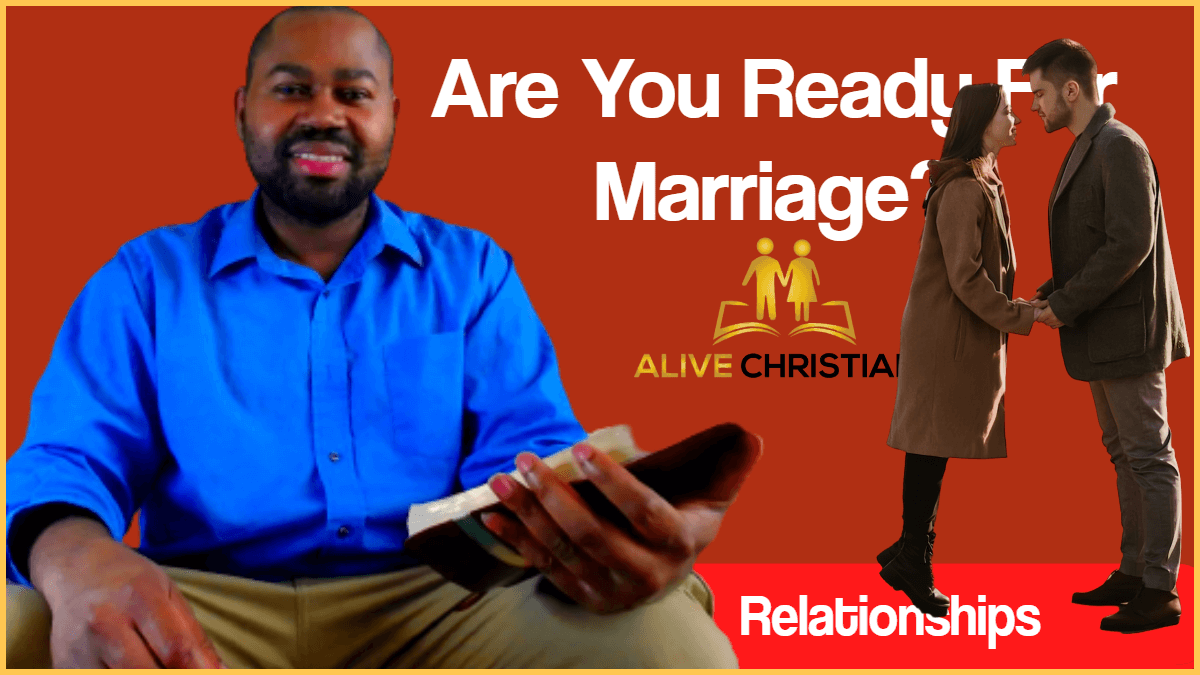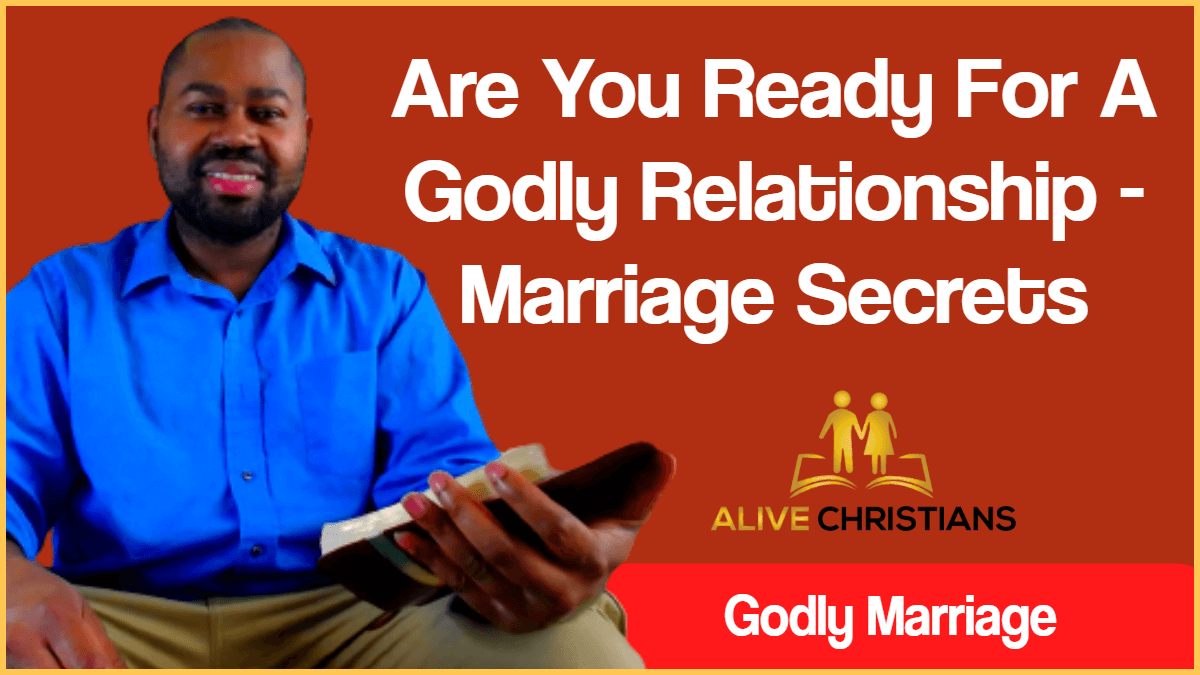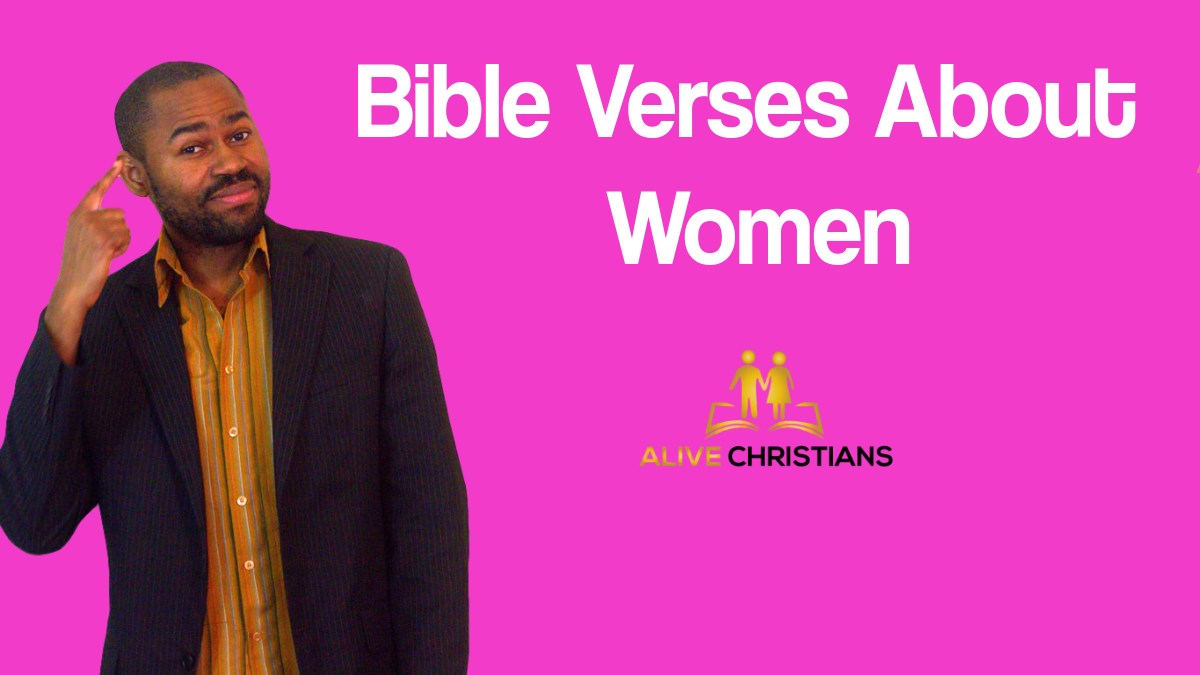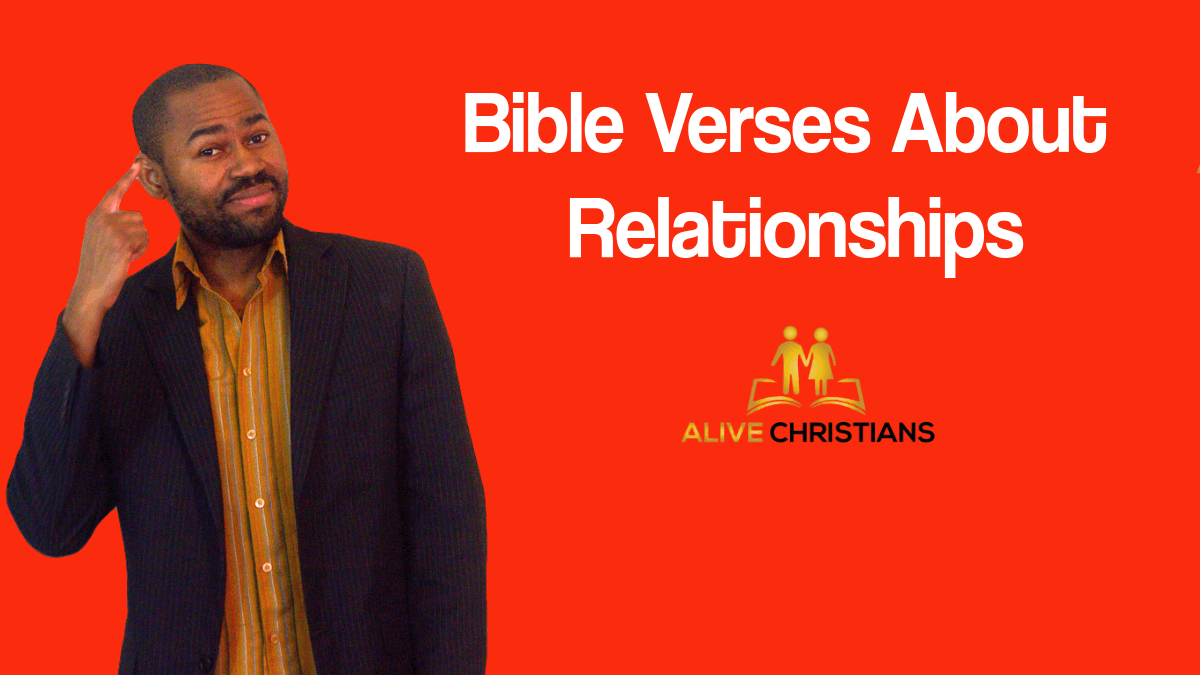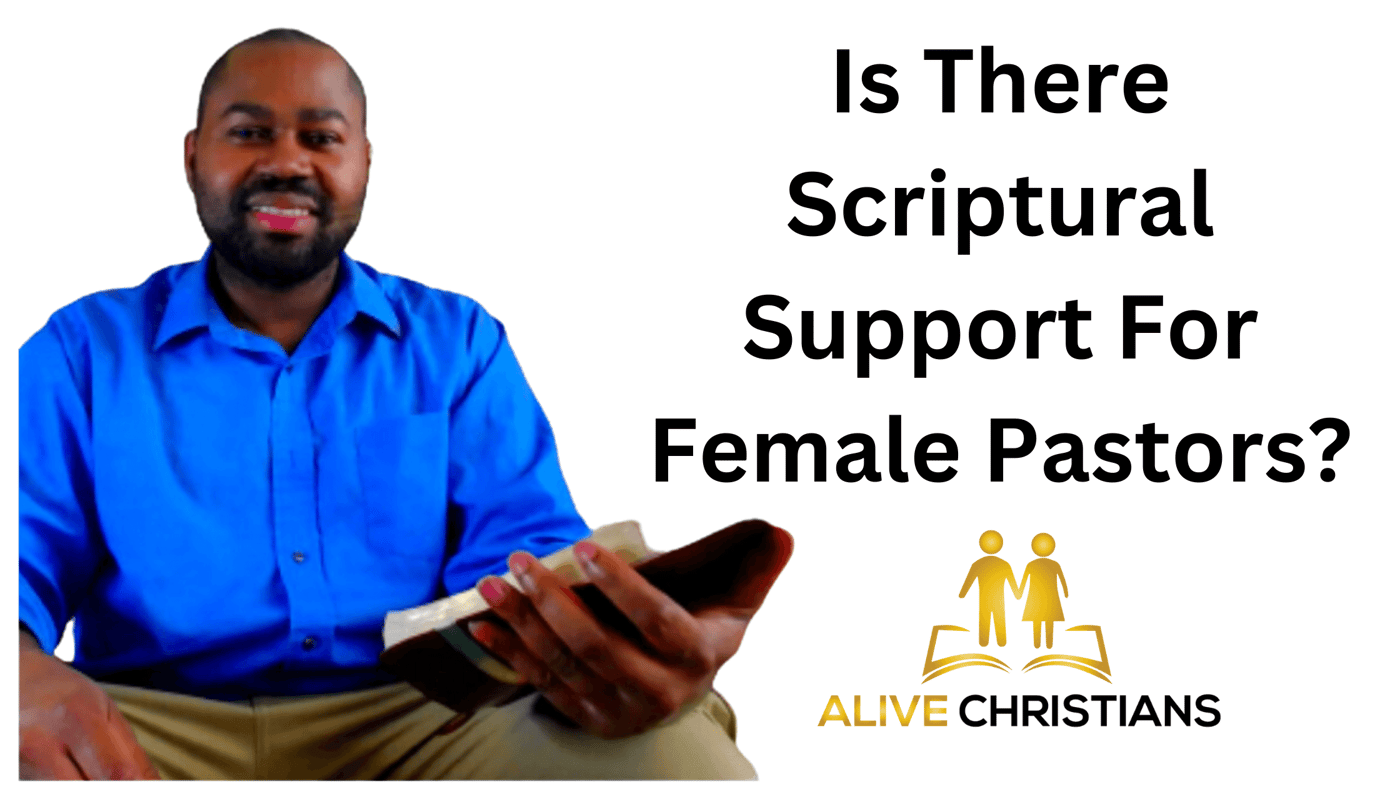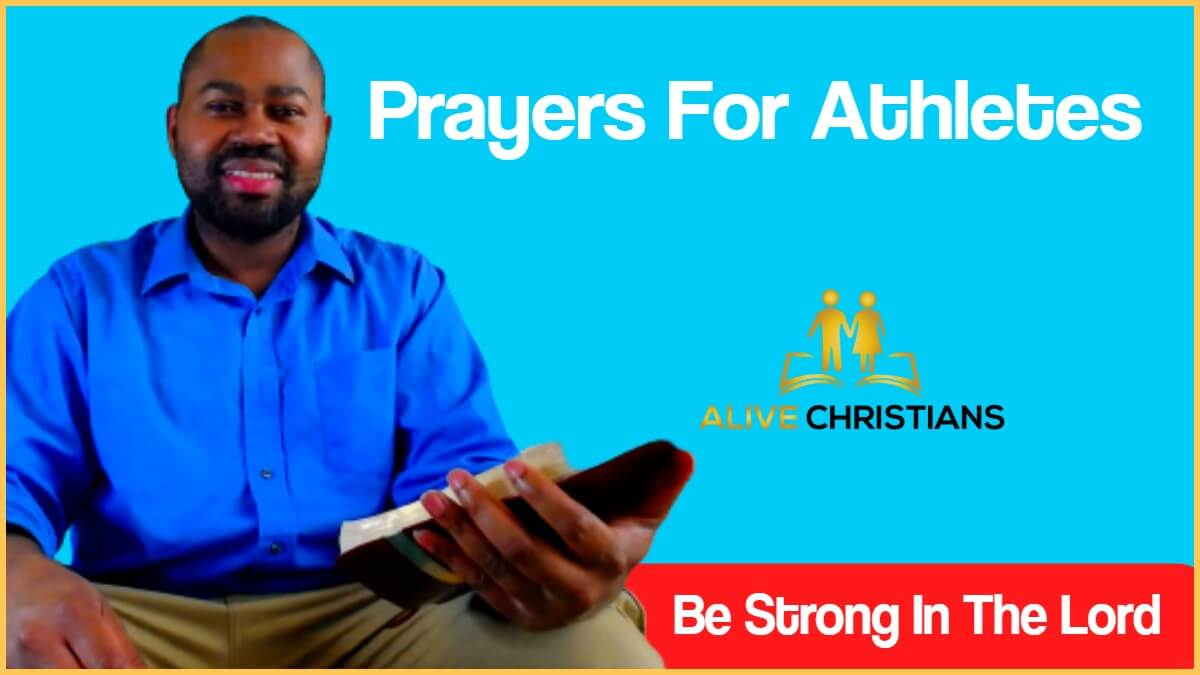Think that you're marriage material?
Here's our "Are you Ready For Marriage Test". This way you'll know for sure, as the questions are based on what would make a good marriage.
Here is another test.
Lots of people think that they are marriage material, or that they are ready for marriage but many times they are not, based on Scripture. Find out if you are ready to tie the knot now. This is a fun quiz for men and women and does not replace marriage counseling.
At the end of the test, if you're not ready, we'll discuss the signs you're not ready for marriage based on your answers.
Bible Verses About Love (Powerful)
Christian Scholars on Readiness for Marriage (1600s–Early 1900s)
| Author & Dates | Paraphrase (with Work / Source) | Relevance to Readiness |
|---|---|---|
| William Gouge (1575–1653) | In Of Domesticall Duties (1622), Gouge writes that marriage is ordained by God for companionship, holiness, and mutual good; each must prepare to perform their duties faithfully. | Readiness means understanding and embracing the duties of both husband and wife. |
| William Whately (1583–1639) | In A Bride-Bush (1623), Whately teaches that marriage love admits of no rival, and the heart must be wholly given to the spouse. | Readiness involves full-hearted devotion and exclusivity of affection. |
| Thomas Gataker (1574–1654) | In A Good Wife God’s Gift (1623), Gataker says a good wife is God’s best earthly blessing, sought with prayer not passion. | Readiness means pursuing marriage prayerfully rather than impulsively. |
| Richard Baxter (1615–1691) | In A Christian Directory (1673), Baxter warns against hasty unions and urges couples to know themselves and seek God’s call before marrying. | Readiness requires discernment and self-knowledge. |
| Richard Baxter (1615–1691) | Also in A Christian Directory, Baxter adds that marriage is a mercy when both are fit—spiritually, emotionally, and prudentially prepared. | Readiness combines spiritual maturity and practical wisdom. |
| William Perkins (1558–1602) | In Christian Oeconomie (1590s), Perkins presents marriage as a covenant of will and body before God. | Readiness means capacity for covenantal commitment. |
| William Gouge (1575–1653) | In Of Domesticall Duties, Gouge insists that husbands must dwell with understanding and wives with reverence, for ignorance breeds disorder. | Readiness involves understanding God’s design for harmony. |
| John Dod & Robert Cleaver (fl. 1603) | In A Godly Forme of Household Government, Dod and Cleaver state that a godly household begins with two who agree in the fear of God. | Readiness is shared piety and unity of faith. |
| Thomas Adams (1583–1652) | In his Sermons, Adams calls marriage “the fountain of earthly comfort” when governed by grace. | Readiness means anchoring affection in divine grace. |
| Jeremy Taylor (1613–1667) | In Holy Living and Dying (1650), Taylor calls marriage “a school of virtue” where patience and humility are daily practiced. | Readiness requires willingness to grow in virtue. |
| John Milton (1608–1674) | In The Doctrine and Discipline of Divorce (1643), Milton says true marriage unites minds and spirits, not bodies only. | Readiness depends on spiritual and intellectual harmony. |
| John Flavel (1627–1691) | In Sermons on Providence (1678), Flavel counsels not to seek marriage until Providence calls, lest one invite grief. | Readiness means waiting for divine timing. |
| Matthew Henry (1662–1714) | In his Commentary on Genesis 2 (1706), Henry notes that Eve was made from Adam’s rib to signify closeness and equality. | Readiness requires humility and partnership. |
| Matthew Henry (1662–1714) | Also in Commentary on Genesis 2, Henry says those that marry must resolve to cleave, not to stray; to love, not to contend. | Readiness is a fixed will to keep covenant love. |
| Philip Doddridge (1702–1751) | In The Family Expositor (1739), Doddridge asserts that harmony in marriage depends on religion ruling the heart. | Readiness requires inward piety and moral rule. |
| John Wesley (1703–1791) | In his sermon On Marriage (1750s), Wesley warns that believers must marry “only in the Lord,” or risk spiritual harm. | Readiness demands shared faith and godly union. |
| John Newton (1725–1807) | In his Letters (1770s), Newton advises choosing with prayer, not passion—“better to wait than to weep.” | Readiness includes patience and prayerful discernment. |
| Hannah More (1745–1833) | In Strictures on Female Education (1799), More declares that marriage without principle is gilded misery and that virtue is the best dowry. | Readiness involves moral character and principle. |
| Charles H. Spurgeon (1834–1892) | In his Sermon on Domestic Happiness (1861), Spurgeon teaches that a Christian home should be “a little church—Christ the Head, both partners His servants.” | Readiness means Christ-centered partnership. |
| Charles H. Spurgeon (1834–1892) | Also in Sermon on Domestic Happiness, Spurgeon adds that to be fit for marriage, one must learn to be content while single. | Readiness means contentment before commitment. |
| Thomas Chalmers (1780–1847) | In Lectures on Romans (1820s), Chalmers says that domestic affection is sanctified only when ruled by the love of God. | Readiness means ordering love under divine authority. |
| William Jay (1769–1853) | In Sermons for the Young (1830), Jay advises, “Choose not only the one you love, but one God approves.” | Readiness involves divine approval, not mere attraction. |
| John Angell James (1785–1859) | In The Marriage Ring (1828), James teaches that courtship must be rational, prudent, and pure, for marriage is a covenant before God. | Readiness calls for reverence and prudence. |
| Thomas Binney (1798–1874) | In Sermons on the Family (1840s), Binney asserts that “he that would rule well in marriage must first rule himself.” | Readiness is self-control and discipline. |
| Alexander Maclaren (1826–1910) | In Sermons on Ephesians 5 (1880s), Maclaren explains that marriage mirrors Christ and the Church. | Readiness lies in self-sacrificing love. |
| Horatius Bonar (1808–1889) | In Family Papers (1850s), Bonar writes that a holy home grows from two hearts knit in prayer and patience. | Readiness is shared prayer and endurance. |
| Charles G. Finney (1792–1875) | In Lectures to Young Men (1840s), Finney warns that none are fit for marriage till they can govern their temper and tongue. | Readiness demands emotional maturity. |
| J. C. Ryle (1816–1900) | In Thoughts for Young Men (1860s), Ryle cautions that haste in marriage leads to lifelong regret. | Readiness includes caution and discernment. |
| D. L. Moody (1837–1899) | In Addresses to Young People (1880s), Moody urges, “Give your heart to Christ before giving it to another.” | Readiness means Christ-first devotion. |
| F. B. Meyer (1847–1929) | In The Christian Home (1890s), Meyer teaches that true marriage is not formed by ceremony but by daily kindness, prayer, and forgiveness. | Readiness includes practicing grace before marriage. |
